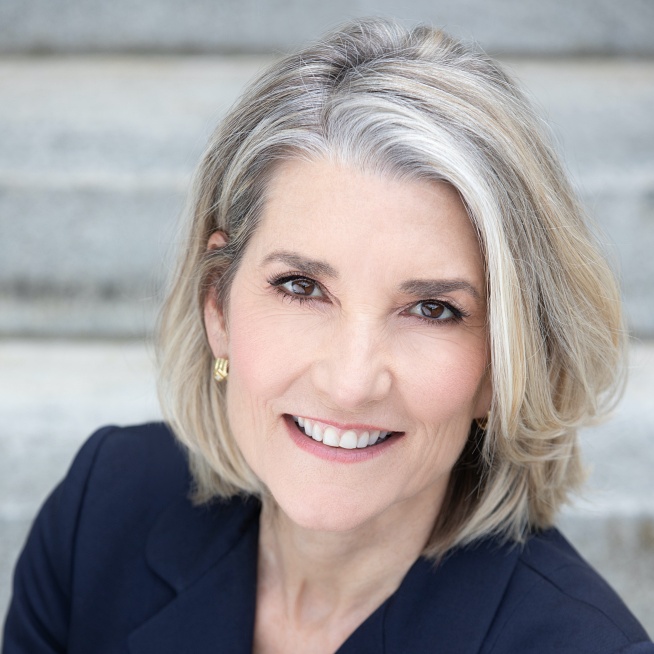Podcast: Play in new window | Download

What comes to mind when you think about failure – specifically, a failure of your own?
Intellectually, we may all agree that failures are great teachers, but deep down the idea of failing at anything in life tends to produce some distressing emotions & feelings. The truth is, most of us (try as we will) would just assume not ever fail.
According to Harvard Business School professor, Amy Edmondson, we’ve always tended to think of failure as being the opposite of success – an erroneous belief that inherently influences many a workplace leader to avoid failing at all costs. It also influences managers to punish employee failures.
In her speeches to business groups, Edmondson often asks audiences, “What percentage of the failures in your organization do you think are blameworthy?
Consistently, the answer is 1-to-4 percent.
Then she asks, “How many of the failures get treated as blameworthy?”
The answer is consistently 70-to-90 percent.
 In her new book, “Right Kind Of Wrong: The Science Of Failing Well,” Edmondson posits that failure actually can work in our favor – & that workplace leaders need a reframe on all the good that can come from “failing well.”
In her new book, “Right Kind Of Wrong: The Science Of Failing Well,” Edmondson posits that failure actually can work in our favor – & that workplace leaders need a reframe on all the good that can come from “failing well.”
As a Ph.D. student at Harvard, Edmondson was assigned to a research project at a nearby hospital. The thesis she sought to prove was that the more cohesive, trusting and collaborative a team was, the fewer mistakes they would make when treating patients.
But when she learned that the most unified teams actually made more mistakes compared to other less interdependent teams, she was initially confused, distressed – & feared she had failed. That is until she discovered that teams anchored on mutual trust simply disclosed more of their errors in order to learn from them and improve.
While Edmondson at first believed her “failed” thesis was an academic embarrassment, ironically, her determination as a researcher led her to understand the importance of psychological safety (in this case, feeling safe to openly acknowledge failures) in the workplace – what’s gone on to become her life’s work.
In this podcast, Amy explains how we can minimize unproductive failure while also maximizing what we gain from flubs of all stripes. She shares how we and our organizations can embrace our human fallibility, learn exactly when failure is our friend, and prevent most of it when it is not.
NOTE: This is the third time Edmondson has been a guest on this podcast and her episode, “Why Psychological Safety Breeds Exceptionally High Performing Teams” is the #1 most downloaded episode in our entire series. When COVID first hit in 2020 – and people were first deployed to their homes to work – we asked if she would do a special podcast episode dedicated to helping managers maneuver in a very stressful and ambiguous moment. Edmondson immediately agreed. With over 110 episodes produced so far, we’ve never had a more generous and brilliant guest.




